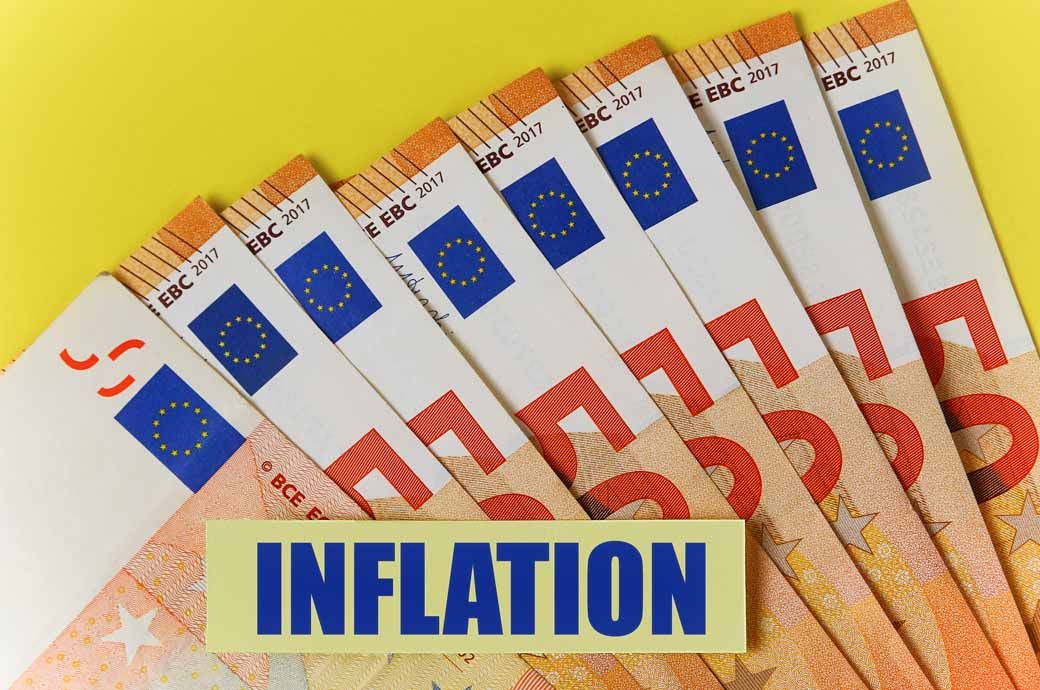

The council, therefore, decided late last month to raise three key ECB interest rates by 25 basis points.
It also decided to set the remuneration of minimum reserves at zero per cent. This decision will preserve the effectiveness of monetary policy by maintaining the current degree of control over the monetary policy stance and ensuring the full pass-through of the interest rate decisions to money markets, an official release said.
The outlook for economic growth and inflation remains highly uncertain.
At the same time, it will improve the efficiency of monetary policy by reducing the overall amount of interest that needs to be paid on reserves in order to implement the appropriate stance, the release noted.
The near-term economic outlook for the euro area has deteriorated, owing largely to weaker domestic demand. High inflation and tighter financing conditions are dampening spending. This is weighing especially on manufacturing output, which is also being held down by weak external demand.
The economy is expected to remain weak in the short run. Over time, falling inflation, rising incomes and improving supply conditions should support the recovery.
The labour market remains robust. The unemployment rate stayed at its historical low of 6.5 per cent in May and many new jobs are being created. At the same time, forward-looking indicators suggest that this trend might slow down in the coming months and may turn negative for manufacturing, ECB observed.
Inflation came down further in June, reaching 5.5 per cent, after 6.1 per cent in May. Energy prices fell again, dropping by 5.6 per cent year on year. Goods inflation decreased further to 5.5 per cent in June from 5.8 per cent in May.
Downside risks to growth include Russia’s unjustified war against Ukraine and an increase in broader geopolitical tensions, which could fragment global trade and thus weigh on the euro area economy, ECB noted.
Growth could also be slower if the effects of monetary policy are more forceful than expected, or if the world economy weakens, and thereby, dampens demand for euro area exports.
Conversely, growth could be higher than projected if the strong labour market, rising real incomes and receding uncertainty mean that people and businesses become more confident and spend more.
Fibre2Fashion News Desk (DS)